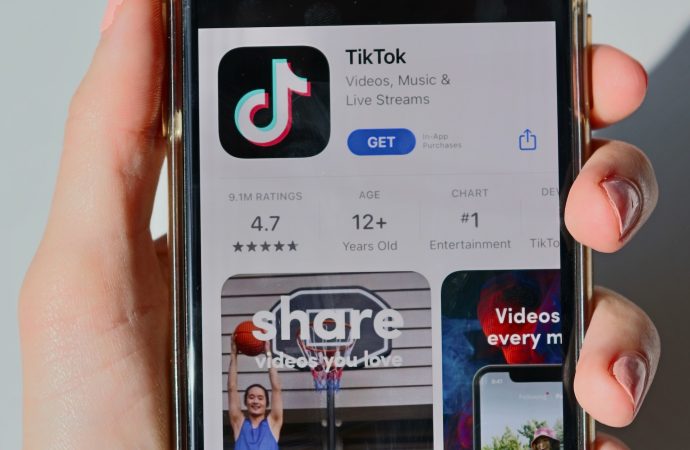In a shocking turn of events, popular TikTok prankster, known by his username Mizzy, has found himself in hot water once again. Mizzy, who gained notoriety for his outrageous and often controversial pranks on the social media platform, has been arrested for violating a court order by posting new videos. This incident has raised concerns
In a shocking turn of events, popular TikTok prankster, known by his username Mizzy, has found himself in hot water once again. Mizzy, who gained notoriety for his outrageous and often controversial pranks on the social media platform, has been arrested for violating a court order by posting new videos. This incident has raised concerns about the boundaries of online content creation and the responsibility of influencers in adhering to legal restrictions. This article will delve into the details of Mizzy’s arrest, the nature of the court order, and the broader implications for content creators on TikTok.
Mizzy, with millions of followers on TikTok, has built a substantial following by pushing the boundaries of pranks and challenges. However, his recent actions have put him at odds with the law. It was revealed that Mizzy was previously issued a court order that prohibited him from creating and sharing certain types of content due to their potentially harmful nature. Despite this order, Mizzy defiantly continued to post videos that violated the terms set by the court, leading to his subsequent arrest.
The court order was put in place to ensure the safety and well-being of both Mizzy himself and the individuals involved in his pranks. It is understood that the content in question posed a significant risk to personal safety, as well as potential emotional distress for the victims. By disregarding the court order, Mizzy demonstrated a blatant disregard for legal consequences and the potential harm caused by his actions.
This arrest raises important questions about the responsibilities of influencers and content creators on platforms like TikTok. While these individuals have the freedom to express themselves creatively, they also bear the responsibility of ensuring that their content does not infringe upon the rights of others or put individuals at risk. The case of Mizzy highlights the need for influencers to exercise caution and ethical judgment when creating and sharing content that could have real-life implications.
TikTok, as a social media platform, has faced its fair share of controversies and challenges in regulating content. While the platform has implemented community guidelines and mechanisms for reporting inappropriate content, incidents like Mizzy’s arrest shed light on the ongoing struggle to effectively monitor and enforce these rules. Platforms must strike a delicate balance between allowing creative expression and protecting users from potential harm or violations of the law.
The Mizzy case also serves as a reminder of the power and influence that social media influencers wield. With millions of followers, these individuals have the ability to shape trends, influence behavior, and impact the lives of their audience. As such, it is crucial that influencers recognize their responsibility to act ethically and responsibly in the content they create and share.
In response to Mizzy’s arrest, TikTok issued a statement affirming its commitment to user safety and upholding community guidelines. The platform expressed its willingness to cooperate with law enforcement agencies and take appropriate action against users who violate legal restrictions or endanger others through their content. TikTok’s stance reflects the growing need for social media platforms to address the issue of accountability and ensure the safety of their users.
The Mizzy incident serves as a cautionary tale for both content creators and social media platforms. It highlights the importance of understanding and respecting legal boundaries when it comes to content creation, especially when it involves potentially harmful pranks or challenges. Content creators must be mindful of the impact their actions may have on others, both physically and emotionally, and platforms must continue to improve their systems for enforcing community guidelines and addressing content violations.
As the case against Mizzy unfolds, it will be interesting to see how it shapes the discourse around influencer responsibility and content regulation on TikTok and other social media platforms. It is a reminder that the digital world is not exempt from the reach of the law, and that the consequences of online actions can have real-life ramifications.
In conclusion, Mizzy’s arrest for violating a court order by posting new videos on TikTok has sparked a debate about the responsibilities of influencers and the need for effective content regulation on social media platforms. This incident serves as a reminder that freedom of expression should not come at the expense of personal safety or legal boundaries. As the influencer landscape continues to evolve, it is crucial for content creators and platforms alike to navigate the delicate balance between creative expression and responsible online behavior.

















Leave a Comment
Your email address will not be published. Required fields are marked with *